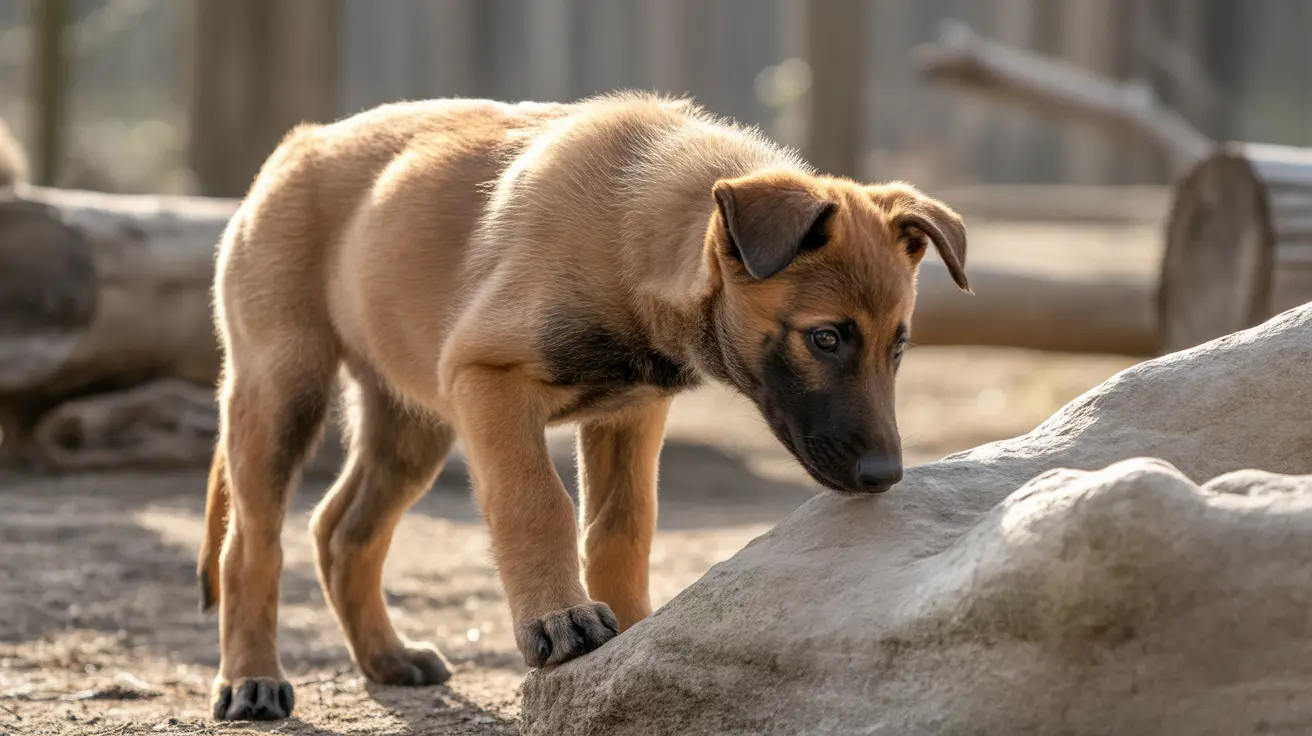The Biology Behind Coyote-Dog Hybridization
Many pet owners and wildlife enthusiasts wonder if coyotes can breed with dogs. The short answer is yes – coyotes (Canis latrans) and domestic dogs (Canis lupus familiaris) can indeed produce viable offspring known as coydogs. However, the reality of these hybridizations is far more complex than simple biological compatibility.
These unique hybrids occur when a male coyote mates with a female domestic dog, though the reverse pairing is also possible but rarer. Despite their ability to interbreed, natural hybridization between coyotes and dogs is exceptionally uncommon in the wild, primarily due to significant behavioral and biological barriers.
Natural Barriers to Hybridization
Several factors make natural breeding between coyotes and dogs relatively rare. The most significant obstacle is the difference in breeding cycles. Coyotes are seasonal breeders, typically mating between January and March, while domestic dogs can breed year-round with two heat cycles annually.
Additionally, coyotes and dogs have vastly different social structures and behaviors. Wild coyotes generally avoid contact with domestic dogs, and when interactions do occur, they're more likely to be antagonistic than amorous. This natural avoidance helps maintain the genetic distinction between the two species in the wild.
Physical Characteristics of Coydogs
When hybridization does occur, the resulting coydogs display a fascinating blend of physical characteristics from both parent species. These hybrids typically exhibit:
- Medium to large size, usually weighing 60-120 pounds
- Athletic, muscular build
- Pointed, upright ears
- Long muzzle and facial features
- Dense, weather-resistant coat
- Variable coloration, often including the coyote's distinctive facial mask
Behavioral Traits and Temperament
Coydogs present unique behavioral challenges that make them unsuitable as typical pets. These hybrids often display:
- Strong predatory instincts
- Independent and sometimes stubborn nature
- Unpredictable temperament
- Complex pack mentality
- High intelligence requiring extensive mental stimulation
- Potential for aggressive or fearful behavior
Legal and Practical Considerations
Before considering any interaction with coydogs, it's crucial to understand the legal implications. Many states and localities have specific regulations regarding the ownership of wolf-dog and coyote-dog hybrids. Some jurisdictions completely prohibit keeping these animals as pets, while others require special permits or have strict containment requirements.
Even in areas where ownership is legal, caring for a coydog requires extensive experience, specialized facilities, and significant resources. These are not animals suited for typical domestic settings or inexperienced handlers.
Frequently Asked Questions
Can coyotes and domestic dogs naturally breed to produce hybrids called coydogs?
Yes, coyotes and domestic dogs can breed and produce viable offspring called coydogs. However, natural breeding is rare due to differences in breeding cycles and social behaviors.
What physical and behavioral traits do coydog hybrids typically have?
Coydogs are medium to large-sized animals with athletic builds, pointed ears, and dense coats. They exhibit a mix of wild and domestic behaviors, including strong hunting instincts and independent personalities.
Are coydogs fertile and able to reproduce with other dogs or coyotes?
Yes, coydogs are typically fertile and can breed with other coydogs, domestic dogs, or coyotes. This fertility extends through multiple generations.
How rare are coydog hybrids in the wild, and why is natural hybridization uncommon?
Coydog hybrids are very rare in the wild due to mismatched breeding cycles, different social behaviors, and natural avoidance between species. Most documented cases occur in areas where coyote populations are expanding into new territories.
What are the legal considerations and challenges of owning a coydog as a pet?
Legal status varies by location, with many areas restricting or prohibiting coydog ownership. Where legal, owners must consider specialized containment requirements, extensive socialization needs, and potential liability issues.
Conclusion
While coyotes can breed with dogs to produce coydogs, these hybridizations are rare in nature and present significant challenges in domestic settings. Understanding the complex biology, behavior, and legal considerations surrounding coydogs is crucial for anyone interested in these unique canid hybrids. For the vast majority of people seeking companion animals, traditional domestic dog breeds remain the most appropriate choice.






